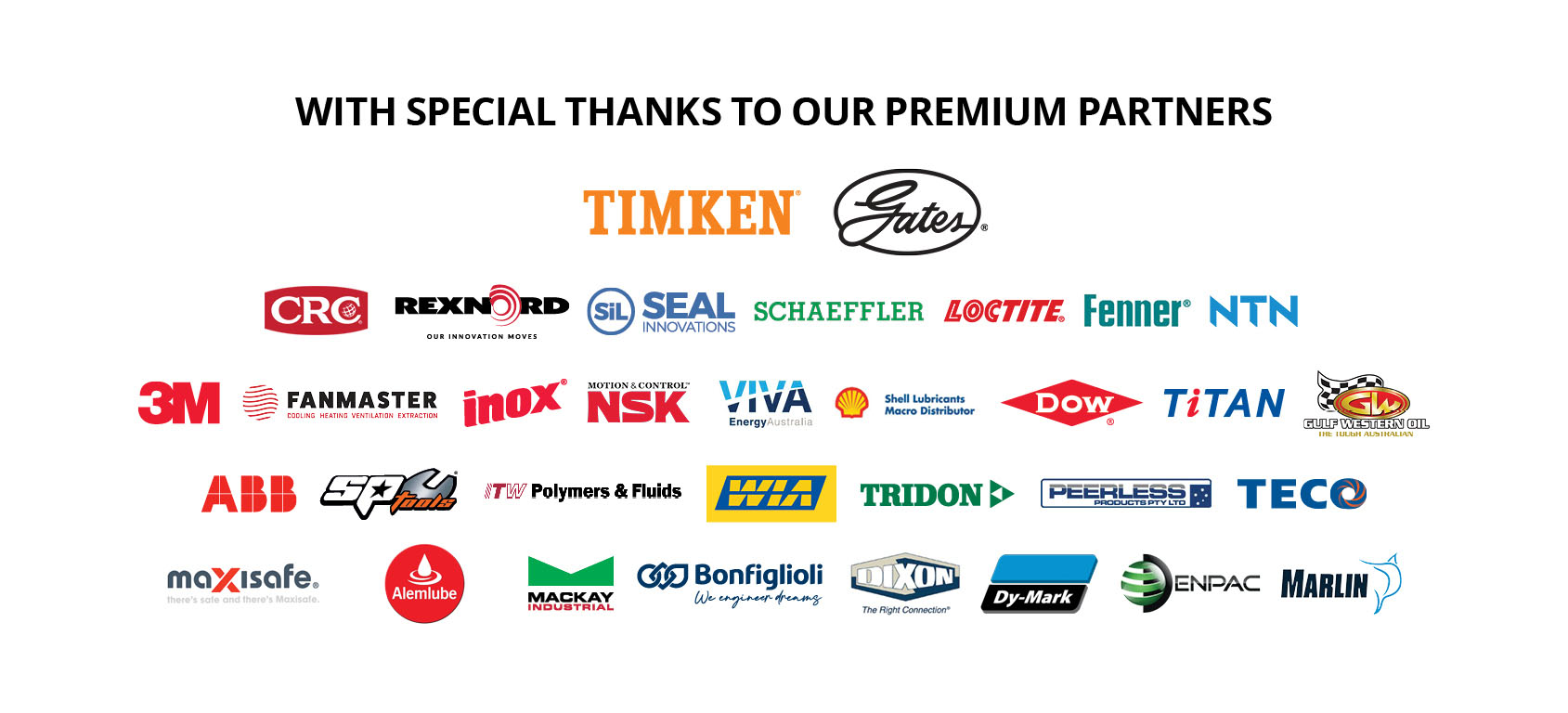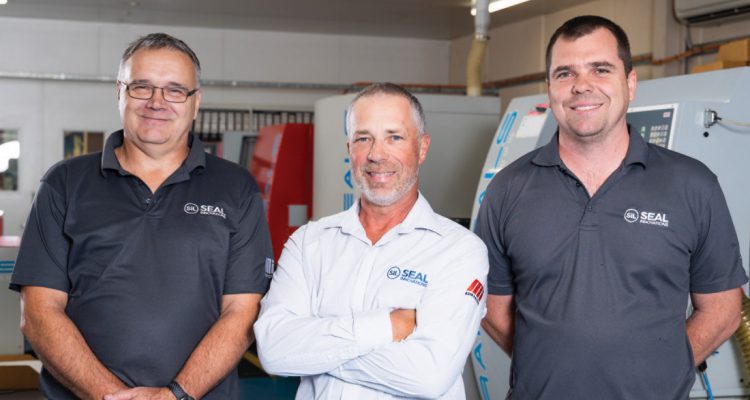Customised machined seals can prove invaluable for engineers and maintenance technicians when replacements for worn out or out-dated seals are not readily available. Made-to-order seals are also widely used by engineers when prototyping new designs.
But machining new seals is not as simple as cutting a new set of keys – though sometimes it can be as quick. Not only are the CNC machines used for seal cutting a lot more complex, designing the perfect seal profile and choosing the right material requires extensive knowledge that only comes with experience in seal production.
That knowledge and experience is what Interseal, the machined seals division of Seal Innovations, can provide.
Seal Innovations, the sealing and gasketing branch of Motion Asia Pacific’s group of businesses, has a history in seal manufacturing that goes back to the 1950s. With the advent of machined seals and growth in the market for speedy seals solutions, the custom machined seals division of Seal Innovations was formed to offer customer with single stop solutions.
Established in 2008, Interseal began its operations with two state-of-the-art rapid-production CNC lathe machines at the Interseal workshop in Sydney’s Castle Hill. In 2009 and 2010, Seal Imports and Ramseals were acquired, which added three more CNC machines to its assets.
In addition to new assets, these acquisitions brought with them extensive acquired knowledge to the business, as Interseal Product/ Engineering Specialist David Harley explains.
“Some of our team members have been working in the sealing and manufacturing industry since 70s and 80s. With the subsequent acquisitions, we also brought on people who had more than 20 years’ experience in the seals machining industry. This means we now have so much cumulative experience and dedication among the team,” says David.
Where and how this experience comes into play is best explained by Alain St Vincent, Production Manager at Interseal Sydney branch.
“There are other companies that can custom-machine seals, but the fact that we have such a vast technical background means we can understand the customers’ needs, and that’s the reason we can respond so quickly. Every job that we do is unique. It can be as simple as machining a standard seal, which we can do in minutes, or it may involve designing a special seal, starting with profile design and following it up with field testing,” says Alain.
“No matter how complex a project is, we have always stood by the quality of our seals. We don’t use cheap materials and we don’t settle for anything but perfection, a machined seal does not leave the factory if we are not a 100% satisfied with the end product, 99% is simply not good enough.”
Today, Interseal has five CNC machines located across Australia – including three in Sydney, one in Brisbane and one in Perth. The business has also expanded to New Zealand, where two more machines are located. This gives Interseal the ability to produce over 15,000 parts per year, ranging from wipers to rod seals, piston seals, rotary seals, static seals, gaskets, o-rings, bearing rings and more. Special seal profiles up to 600 millimeters in diameter and seals in cut or glued format are among the team’s capabilities.
Having such a wide footprint across Australia enables Interseal to service its customers on short notice, as Seal Innovations National Key Account Executive, Raj Jadow, explains.
“The best thing with having machines located in different cities is that we can make optimum use of our machines depending on the demand. So let’s say if our machines in Sydney are all occupied but our machine in Brisbane is idle, we can forward the jobs to Brisbane to make sure the machine is used at an optimal level. Also, if somebody has an after-hours job in Sydney that requires next day delivery, we can get the job done in Perth and deliver it to the customer by noon of the next day. These are some of the benefits we can provide to our customers,” says Raj.
A milestone for Interseal came when the Seven Hills branch was audited by HACCP Australia Services in 2010 and received HACCP certification for following safety and hygiene practices in the manufacturing processes. This further broadened the business’ capabilities, enabling it to produce parts for a wider range of industries, from mining to food and beverage and pharmaceuticals.
A majority of Interseal’s services are to customers of Seal Innovations’ sister companies, https://www.conbear.com.au/CBC and BSC. This includes machining moulded rubber and plastic components for manufacturers for rapid prototyping, as well as for original equipment manufacturers and re-designing replacement seals for a wide array of industries, from hydraulics and pneumatics to mining, rail, and general industries.
Interseal also has big plans for expansion, as Raj adds further.
“We are looking at investing in a three-axis machine, which will allow us to manufacture much more complicated parts, including the ability to make 1000-millimetre seals. We are also constantly modernising our tools and equipment and we are hoping to expand our machining locations to Adelaide and Melbourne in the near future.”
Alain wraps it up well with his take on the secret to Interseal’s success over the years.
“We are the only machined sealing company I know that provides samples on large orders to determine functionality before commencement of full production. If a customer places an order for 100 seals, I make samples for fit and trial and only once the customer approves, do we progress with completion of the order. If, for any reason, they are not happy with the performance, we don’t charge for the sample. That’s how confident we are in the quality of our products and what we do.”

